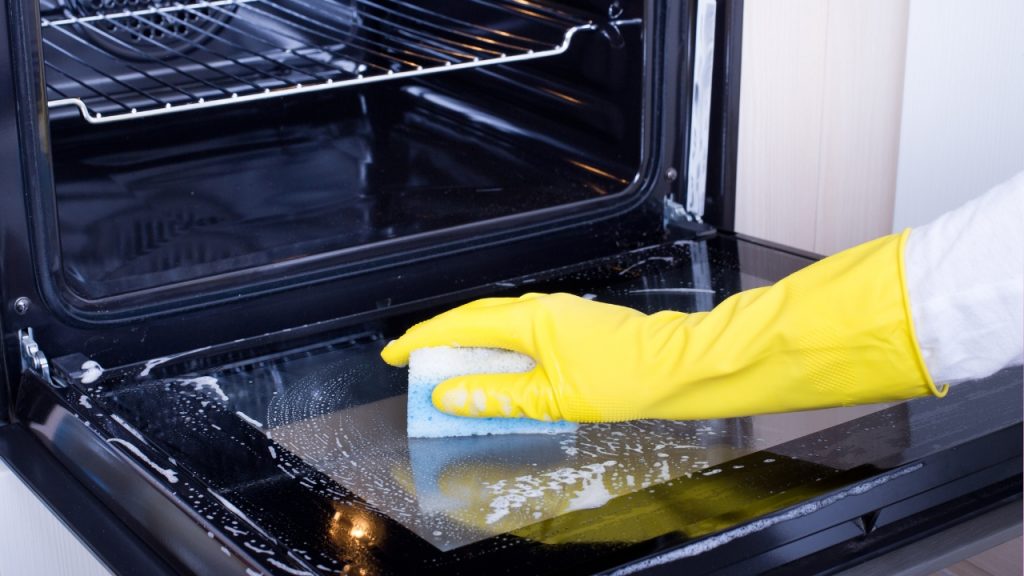Your oven is one of the hardest-working appliances in your kitchen, and it also happens to be one of the most neglected when it comes to regular cleaning. If it smells like burnt leftovers or has thick layers of grease and grime, it's time to learn how to clean your oven.
But don’t just grab the nearest spray bottle and start scrubbing. The wrong method can damage your appliance, release toxic fumes, or even start a fire. And if you're not cleaning it often enough? You are risking your food quality, safety, and a long electricity bill.
So, let's answer the two questions most people get wrong: What’s the safest way to clean your oven, and how often should you actually be doing it? Let’s get into it.
What Happens If You Don’t Clean Your Oven
Oven cleaning is not just about making it look nice. A dirty oven affects performance, energy efficiency, and most importantly, safety.
- Burnt food particles can cause unpleasant smells and even smoke every time you turn the oven on.
- Built-up grease can ignite, increasing the risk of kitchen fires.
- Dirty heating elements can mess with temperature control, leaving you with undercooked or burnt food.
So yes, cleaning your oven is a must if you care about cooking safely and efficiently.
How Often Should You Clean Your Oven?
The answer to this question usually depends on how often you use your oven and how you use it. Here's a quick breakdown:
- Light Use (1–2 times a week): Clean every 4-6 months.
- Moderate Use (3–5 times a week): Clean every 2–3 months.
- Heavy Use (daily or baking in huge quantities): Requires cleaning every month.
You should also:
- Wipe up any spills immediately after the oven cools.
- Do a visual check weekly because if you see food buildup or smell burnt odors, it’s time to clean.
How to Clean Your Oven Without Damaging It?
Now, coming to the most important part. Here are the safest ways to clean your oven effectively:
Use the Right Tools and Materials
Never use steel wool and any rough industrial degreaser because it could destroy the interior of your oven.
Use instead:
- Baking soda
- White vinegar
- A soft cloth or sponge
- Rubber gloves
- A spray bottle
- A plastic scraper (optional)
If you want to go the chemical route, remember to always use only oven-specific cleaners.
The DIY Method of Baking Soda & Vinegar
This is one of the safest and most effective methods, and yes, it works. Follow the steps below:
- Cool and Empty the Oven: Remove all racks and trays.
- Make a Paste: Mix 1/2 cup baking soda with a few tablespoons of water.
- Apply Paste: Add the paste to a kitchen sponge and start gently scrubbing the inside of the oven. Avoid the heating elements.
- Wipe it Off: Use a damp cloth to wipe off the paste and all the remaining residue.
- Spray Vinegar: Spray some vinegar and give it a final wipe with a clean cloth. It will help remove all odors.
As for the oven racks, you can soak them in a bathtub with warm water and dish soap overnight, then scrub with a brush.
Using the Self-Clean Function (With Caution)
Modern ovens are likely to include a self-cleaning mode. It operates by pre-heating the oven to burn residue at temperatures of up to 800°F (or higher). But there are some risks to it.
- It can smoke heavily, especially if there’s a lot of grime.
- The high temperature can damage internal components over time.
- It’s not recommended if you haven’t cleaned your oven in ages.
Try using this method if your oven is relatively well-maintained and your kitchen is well-ventilated. Otherwise, it’s not worth the risk.
Hire a Professional Oven Cleaning Service
In certain situations, it might be best and most productive to leave it to the experts. A professional oven cleaning service will remove built-up grease from the places you can’t reach and use industrial-strength but non-toxic products. The experts can:
- Disassemble components like the oven door, fan cover, and trays.
- Use steam and soak tanks for deep cleaning.
- Prevent damage from improper cleaning.
- Leave no chemical residue behind.
This is the most intelligent, safest path if you have an oven that is incredibly filthy or has gone at least a year with no cleaning.
Mistakes to Avoid While Deep Cleaning Your Oven
Here are hard no's when it comes to oven cleaning:
- Spraying Cleaner on Heating Elements
Doing this can damage the elements and cause electrical issues. If you turn the oven on with chemicals still on the coils, it can cause a fire.
- Using Bleach or Mixing Chemicals
Bleach is not meant for oven interiors. And mixing it with other products (like ammonia or vinegar) can release toxic fumes that are dangerous to breathe in.
- Scrubbing with Metal Abrasive Pads
These will scratch the enamel lining inside your oven. Once that protective layer is gone, grease sticks faster, which means cleaning becomes even tougher.
- Lining the Oven Floor with Aluminum Foil
It might seem like a good shortcut, but foil can melt onto the surface and permanently damage the oven’s interior or block airflow.
How to Maintain a Clean Oven Between Deep Cleans?
- Use a baking tray or sheet pan under pies or casseroles to catch spills.
- Wipe small messes right after cooking (once the oven cools).
- Line the bottom with a reusable oven liner.
- Avoid overfilling dishes because fewer spills mean less buildup.
These small habits go a long way in keeping your oven usable, efficient, and safe.
Final Thoughts
If your oven smells, smokes, or makes weird noises when working, it’s time to stop ignoring it. Cleaning your oven is all about keeping your food safe and making sure that your appliance works the way it should.
Stick to safe methods like baking soda and vinegar, avoid shortcuts that damage your oven, and clean it as often as your cooking habits demand. If it’s too far gone or you simply don’t have the time, let the professionals take over.
Featured Posts
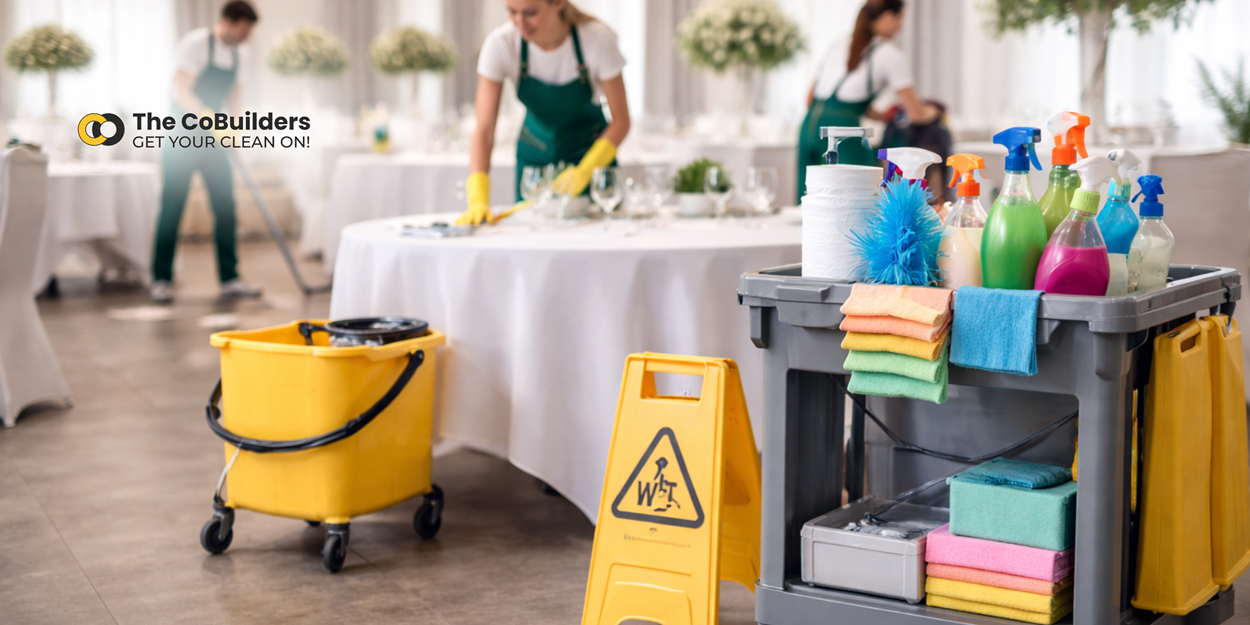
2.01 min read
Event Cleaning Service for Large Venues: What Organizers Should Know

3.81 min read
Move-In/Move-Out Cleaning: A Guide for Renters & Homeowners
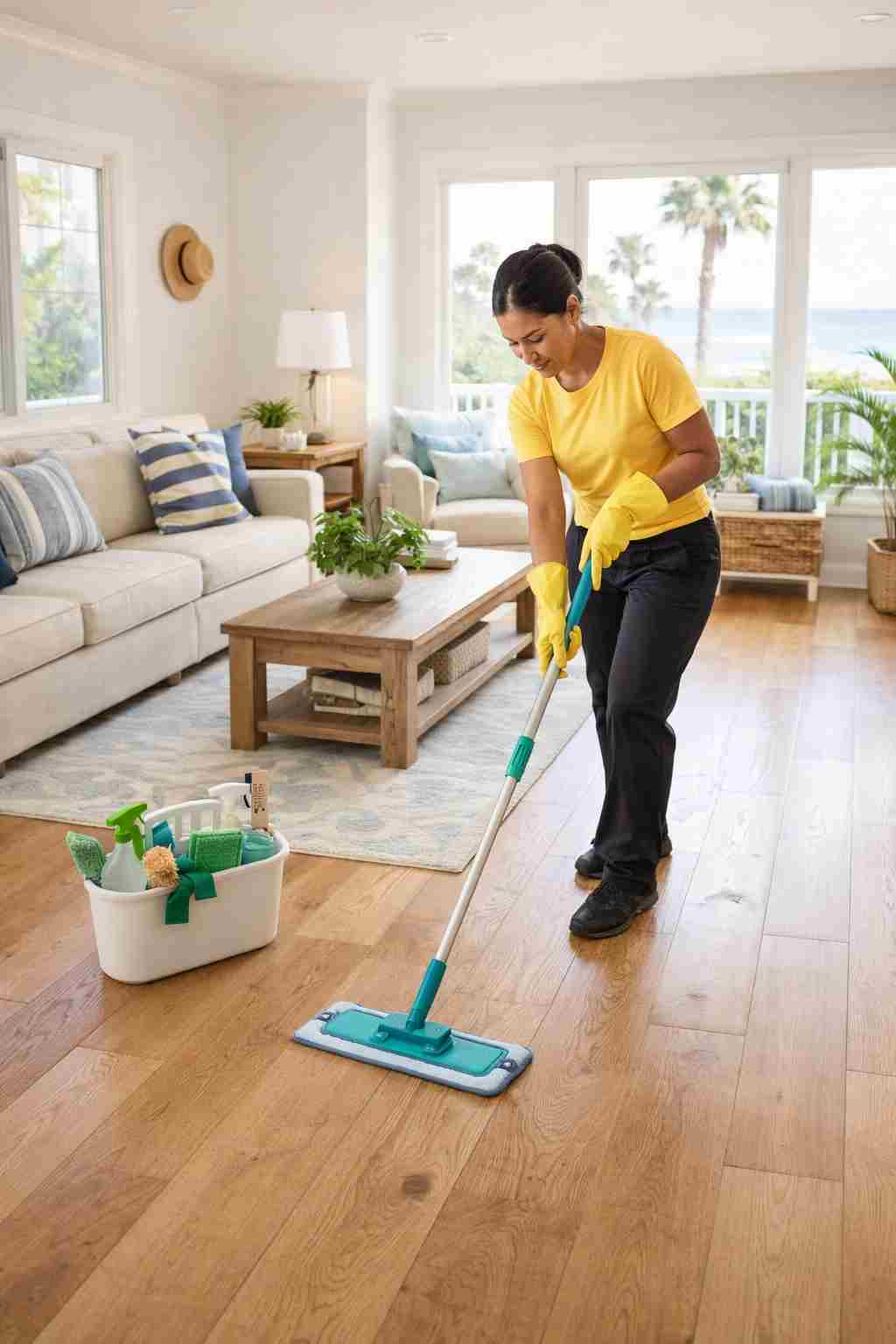
3.25 min read
House Cleaning Services in Ventura, California
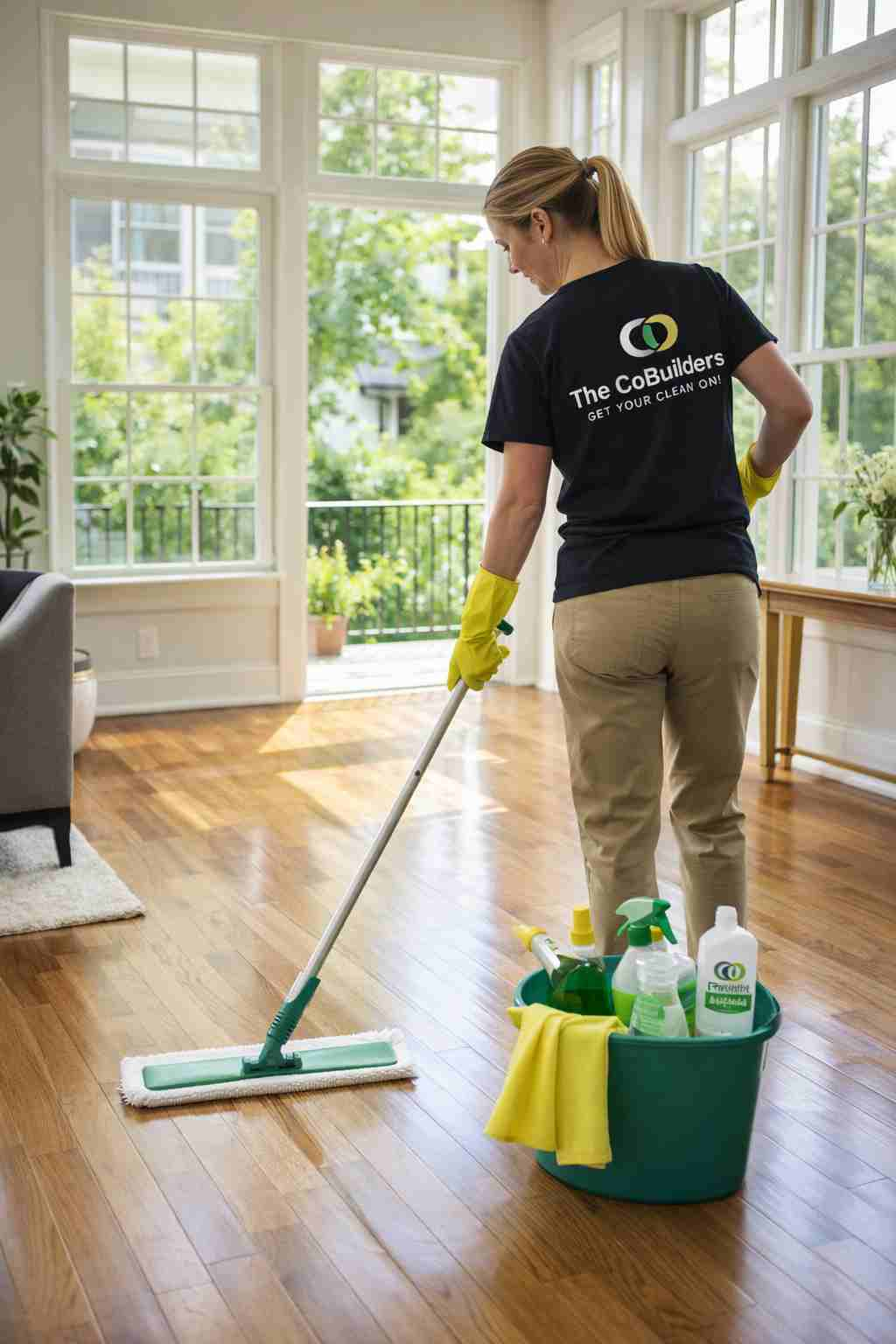
3.38 min read
House Cleaning Services in Lexington, Kentucky
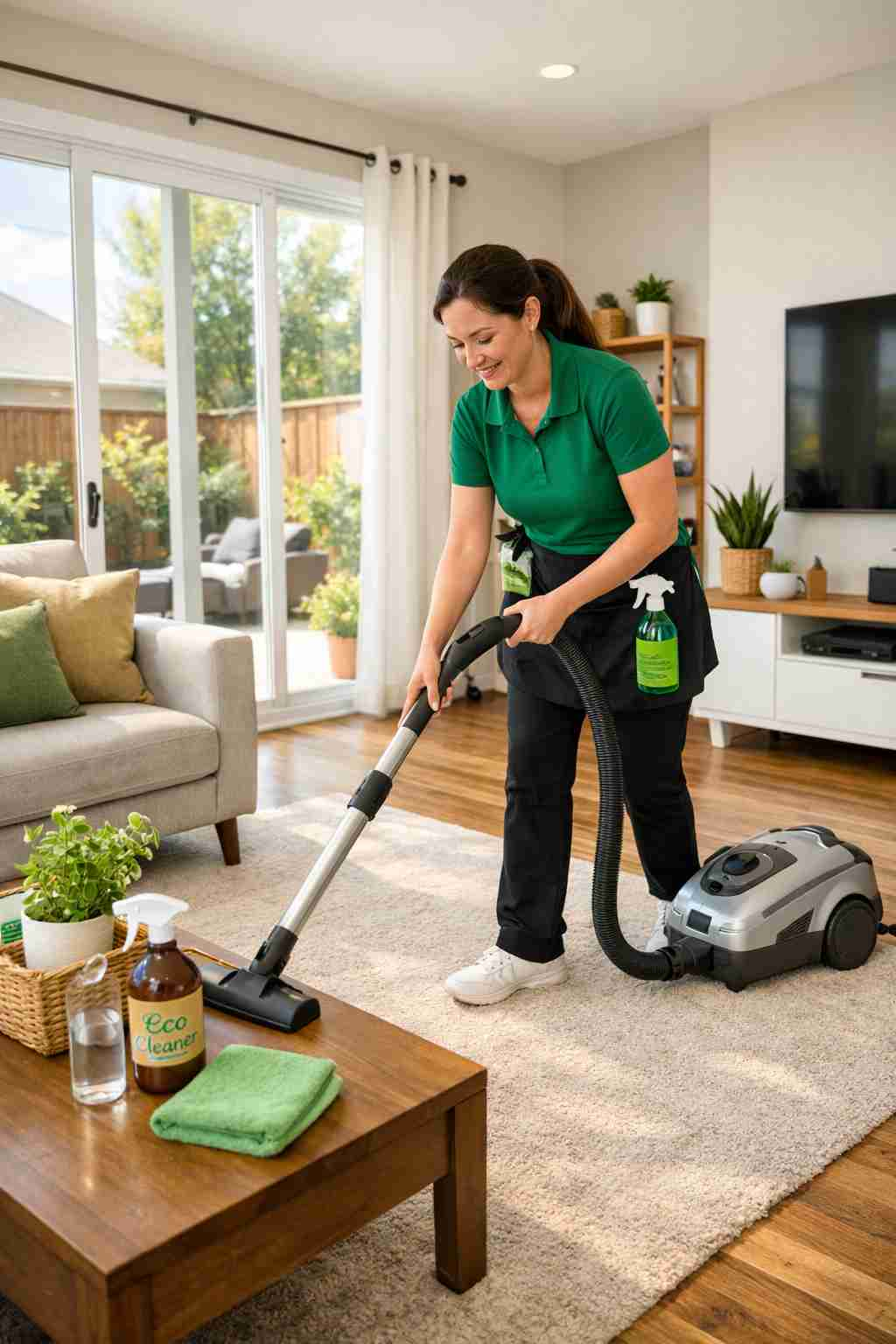
3.25 min read
House Cleaning Services in West Sacramento, California
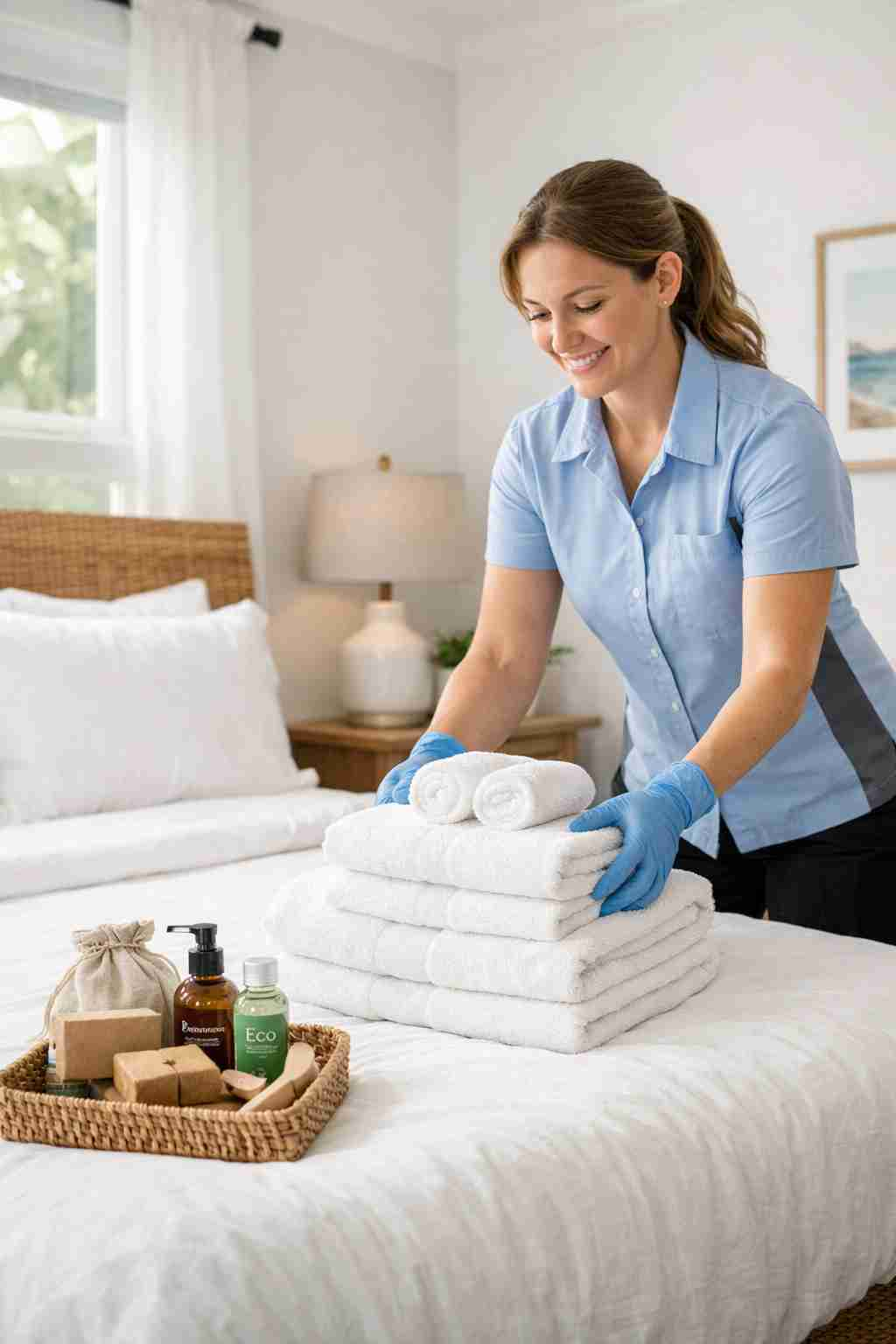
3.22 min read
Airbnb Vacation Rental Cleaning Services
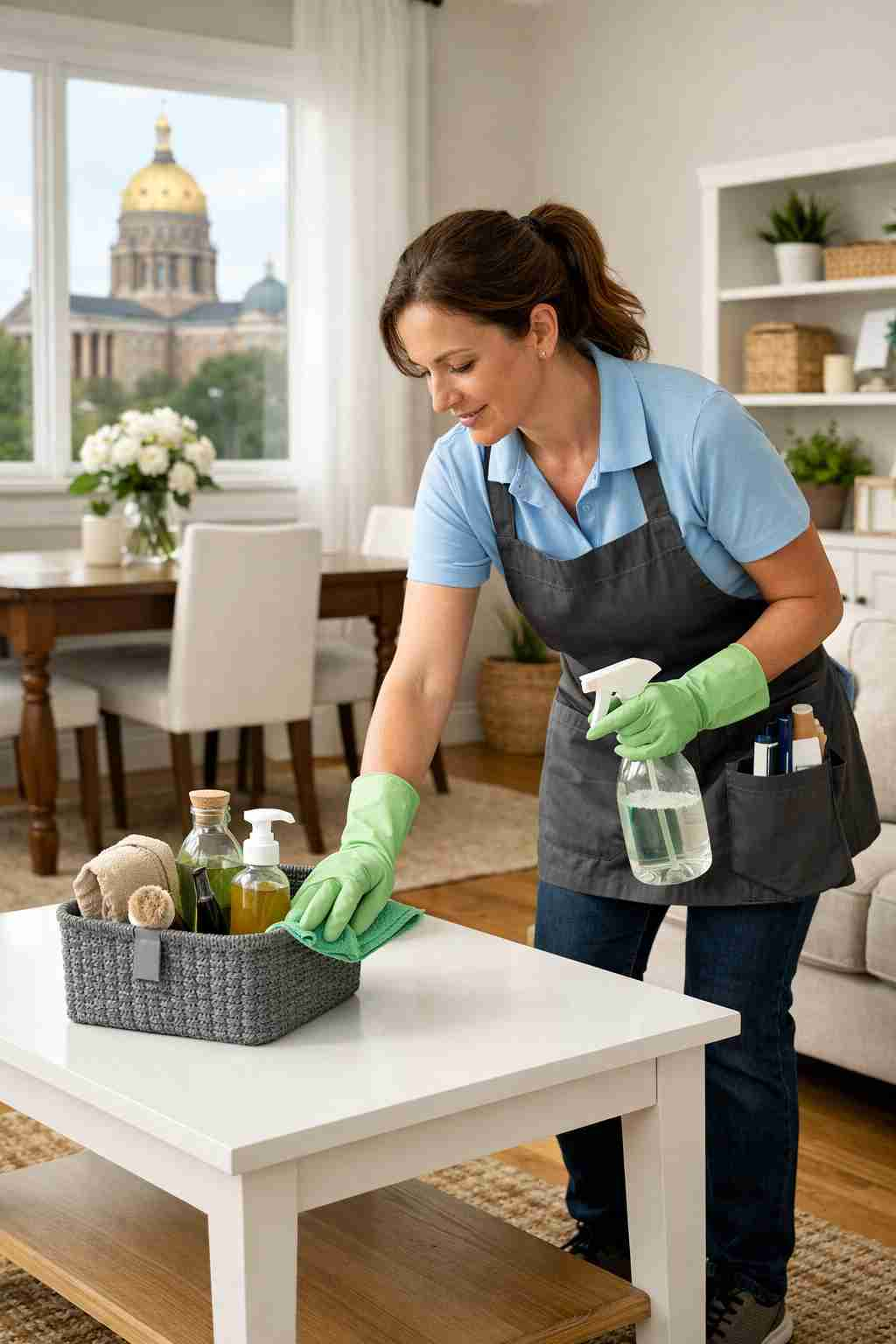
3.24 min read
House Cleaning Services in Des Moines, Iowa
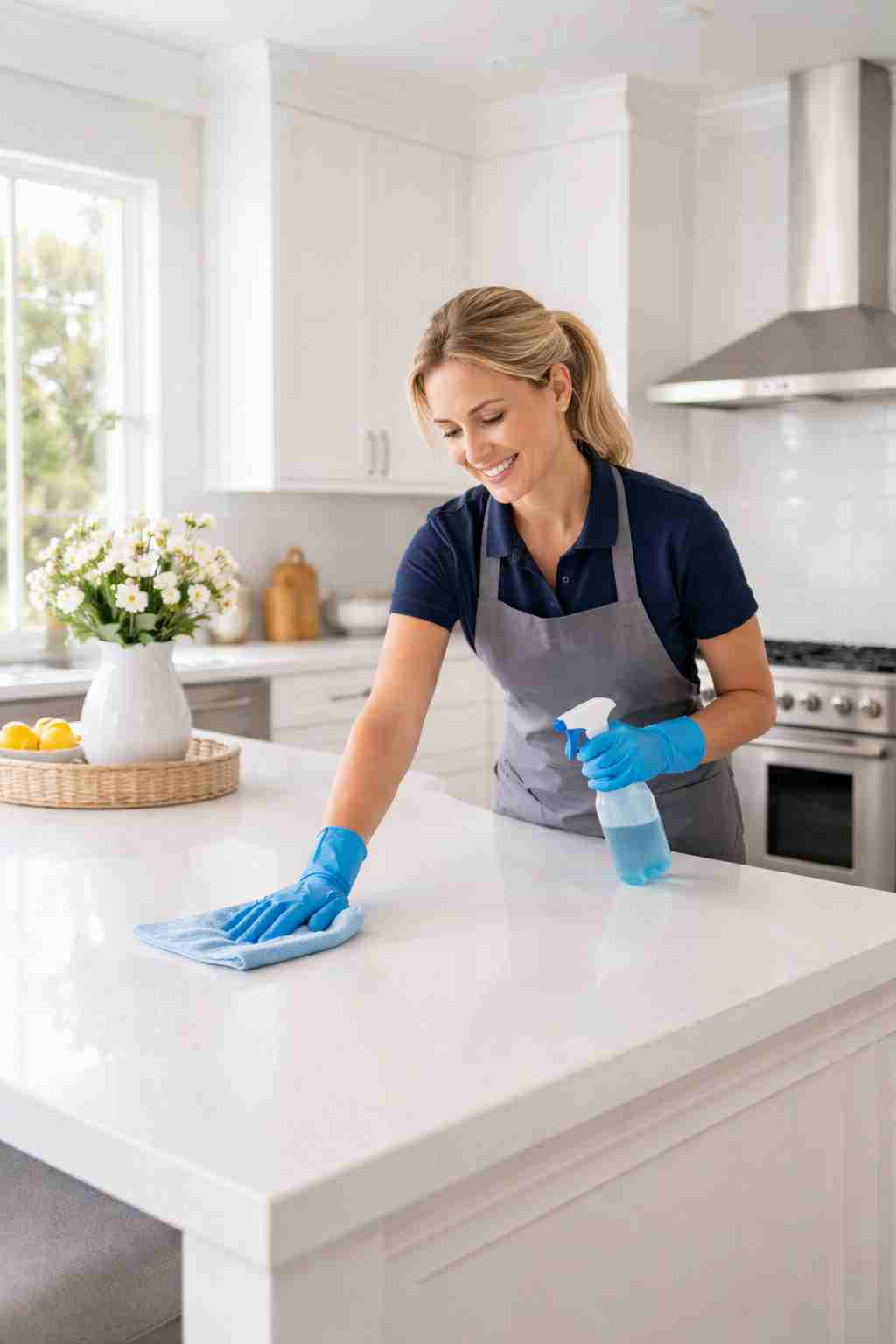
3.24 min read
House Cleaning Services in Irvine, California

2.95 min read
Cleaning Services for Homes & Businesses in Tulsa, OK
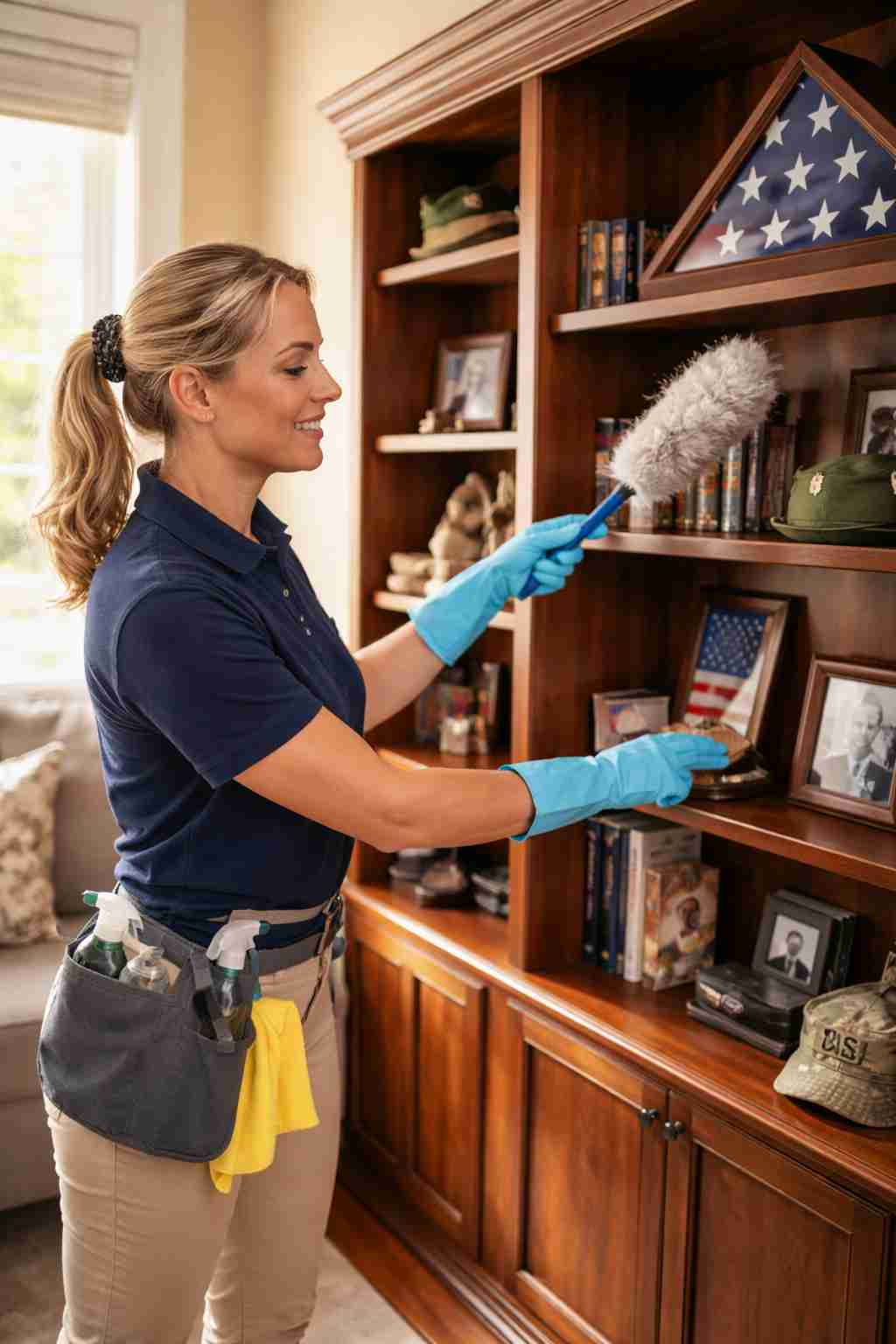
2.88 min read
House Cleaning Services in Fayetteville, North Carolina
